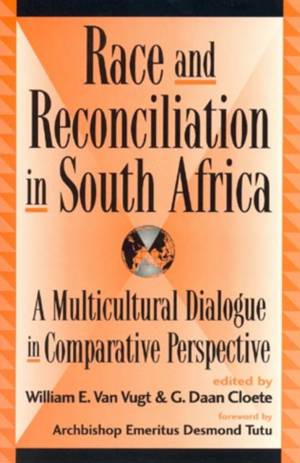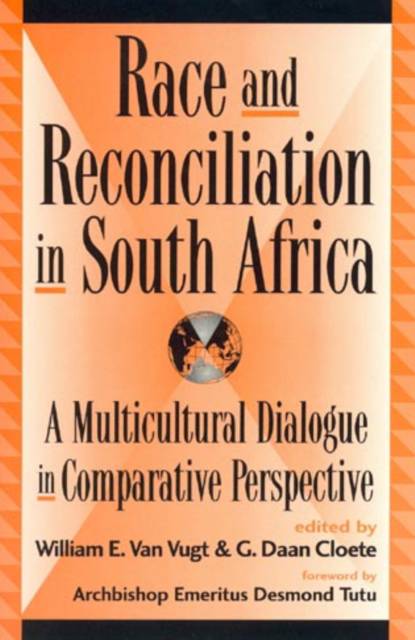
- Afhalen na 1 uur in een winkel met voorraad
- Gratis thuislevering in België vanaf € 30
- Ruim aanbod met 7 miljoen producten
- Afhalen na 1 uur in een winkel met voorraad
- Gratis thuislevering in België vanaf € 30
- Ruim aanbod met 7 miljoen producten
Zoeken
Race and Reconciliation in South Africa
A Multicultural Dialogue in Comparative Perspective
€ 53,45
+ 106 punten
Omschrijving
In the mid-1990s the Truth and Reconciliation Commission disclosed its findings on the awful reality of the apartheid era in South Africa. The Commission inspired scholars from Europe, North America, and South Africa to convene a group of their own, to investigate in multicultural, scholarly dialogue the history, theology, philosophy, and politics of race and reconciliation in South Africa. This volume is the product of that important dialogue. And while the focus is the particular environment of South Africa, the contributors work within a comparative perspective, using examples from other nations and cultures to explore that which makes South Africa unique. Ultimately, the book aims to offer not only a better understanding of the depth of injustice in South Africa's past, but also a deeper appreciation for the achievement of the present and the promise of the future--in South Africa and in every other multiethnic region in the world.
Specificaties
Betrokkenen
- Uitgeverij:
Inhoud
- Aantal bladzijden:
- 240
- Taal:
- Engels
- Reeks:
Eigenschappen
- Productcode (EAN):
- 9780739101575
- Verschijningsdatum:
- 10/05/2000
- Uitvoering:
- Paperback
- Formaat:
- Trade paperback (VS)
- Afmetingen:
- 148 mm x 226 mm
- Gewicht:
- 322 g

Alleen bij Standaard Boekhandel
+ 106 punten op je klantenkaart van Standaard Boekhandel
Beoordelingen
We publiceren alleen reviews die voldoen aan de voorwaarden voor reviews. Bekijk onze voorwaarden voor reviews.










